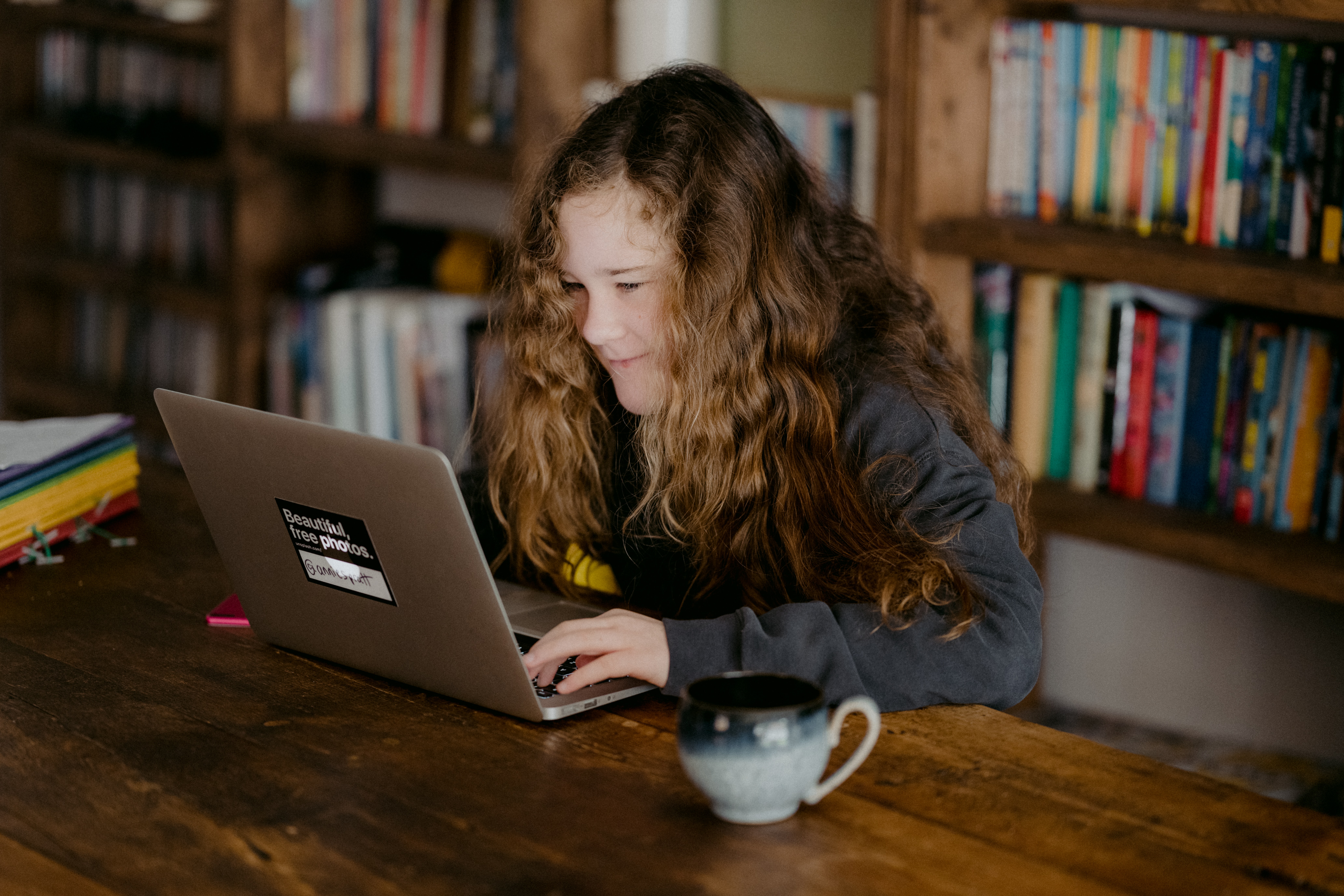
With the competitive, not to mention stressful, the academic environment today, more and more kids are experiencing difficulty keeping up with the demands of the school. Experts say that one of the primary reasons why students, especially the younger ones, get tired or bored is that they are given lots of assignments without knowing where to get help with their homework.
At home, it is parents who take on the responsibility of helping their children with assignments. Since they are adults, they are expected to know more than their kids. However, the traditional techniques and strategies for providing homework help don’t work for everyone. Some children get bored quickly and don’t listen. Others get distracted by things inside the house and don’t pay attention to what their parents are saying.
Parents who want to help motivate their kids to complete their homework should find methods to be more creative. If kids see that schoolwork assistance is given differently—aside from what they see in school—they are more likely to be cooperative.
Here are some ways parents can be creative when helping their kids with homework:
1. Think out of the box. If you are tutoring your child on a particular topic or assignment, it would be best if you use various approaches so he or she won’t be bored. You can present the discussion differently, in a way that he or she will enjoy. Out of the box would mean that you are willing to use methods outside of the typical ones just for your child to pay attention to what are you teaching.
2. Be more engaging. Kids love activities that are interactive. If you provide homework help, make sure that your focus is one hundred percent on the topic so your child will be more attentive. Remember, if your child sees that you are not really into what you are doing, he or she will also think of other things. When your child is distracted, it will be more difficult for him or her to absorb any information or learn.
3. Provide more freedom. Children get easily stressed if the homework session is too rigid or strict. Instead of paying attention, they will be anxious for the session to be over. To avoid this scenario, try to provide a venue where your children can feel more relaxed. Also, give ten-minute breaks where your kids can do what that they want to do.
4. Use props. Some kids are “visual learners,” meaning that they learn faster by reading, seeing images, or objects. Visual learners understand and remember information by sight. When having a conversation with your child about a certain topic, show him or her materials that he or she can relate to the discussion at hand. During homework help sessions, parents could use props such as toys and other materials for each respective subject.

